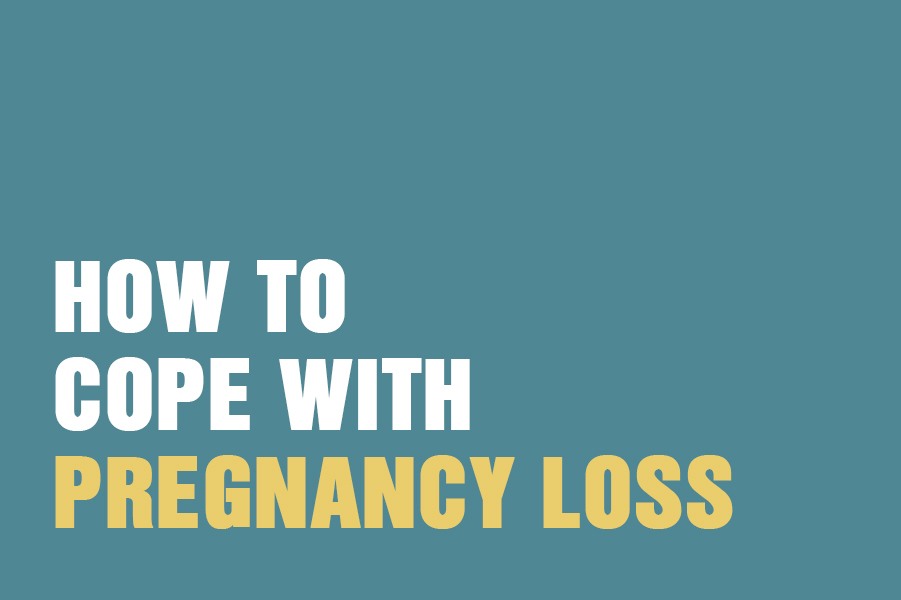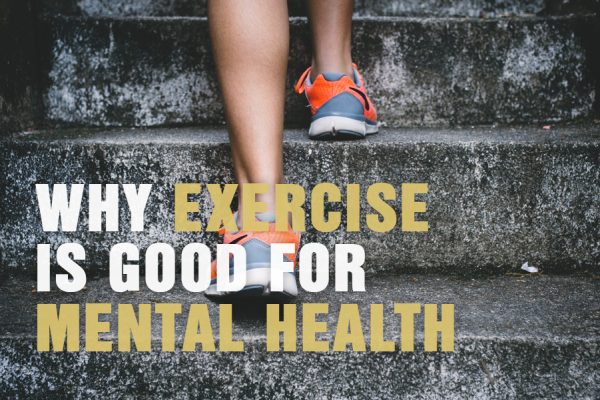The news these last few weeks has been full of terrible and alarming things. Here is how not to become overly or adversely affected by it
At a time when awful news events seem to keep coming, it can feel very difficult to stay informed without becoming overwhelmed by stress, sadness and fear. Here is how to take in the news healthily and keep up to date without feeling despair and anxiety.
1. Avoid Sensation
There’s no denying that there’s no shortage of bad news, and there’s nothing intrinsically harmful or bad about informing yourself about what is happening, but it is also true that there is a growing trend for news sources to focus on the sensational and emotional aspects of these terrible events. ‘Emotionalising’ or ‘sensationalising’ is the way in which a newsfeed emphasises the potential negative outcomes rather than showing how low the risk of further negative outcome actually is.
2. Withstand Distortion
News reporters and journalists no longer just bring straightforward, impartial factual bulletins for five to 10 minutes every hour; the fact that they are now part of a 24-hour newsfeed means that they have to vie for your attention and turn the news into wall-to-wall ‘entertainment’.
The news is not there just to inform any more, it has to grab your attention — and keep it. And the way some reporters and editors do this is by ramping up the emotional and sensational aspects of a news event or story. The danger in this is that it portrays the world as being full of drama posing a constant threat to you, and you could take this in as fact rather than making up your own mind as to the potential future danger to you.
3. Keep Things In Perspective
In a two-month period there have been three major terrorist attacks in Britain. This follows quite a long time in which it was felt that the security services were uncovering any plots and on top of keeping attacks at bay. So, once the Westminster attack happened in March, and was followed in relatively quick succession by Manchester and London Bridge, it gave the impression that the barricades have suddenly fallen and there has been a sudden onslaught and we are in constant danger of violent attack. These events are obviously deeply upsetting and unsettling, but in reality you are still more likely to die falling out of bed or crossing the road than you are in a terrorist attack. Being able to take in the statistics, and put these events in perspective is key to not being overly affected by them.
4. Be Selective About News Sources
Many, if not all, newspapers, newsfeeds, radio shows and TV bulletins present themselves as impartial purveyors of fact. But, in fact, they all present the news in the most dramatic way possible and tell the story from a certain perspective, if not actual bias. They often do this by inviting a witness or bystander to tell the story from their personal viewpoint, which draws you in to the human and emotional aspects of the news and increases the feeling that you too are under threat of that happening to you; even the most respected of news sources can do this. What’s more certain news outlets, are not even trying to give you a balanced view and, between the lines, are trying to ‘sell’ you a certain political or socio-economic perspective. So whatever you are listening to, watching reading or scrolling through, think: ‘What is this publication’s objective? How are they trying it make me feel/think?’
5. Balance Bad News With Things That Make You Feel Good
Being informed about the world and in the know about current affairs is obviously a good thing, but the balance can tip over into too much information which, in turn, can tip your mood into one of depression or anxiety. So make sure you balance your newshound nature with other activities and that you make time to alsoread the books page, or watch a sports or business bulletin, or a music or wildlife documentary as well. You could download podcasts to break up your wall-to-wall news reports or line up a favourite box set to watch after the 10 o’clock news.
6. Do Adjust Your Set
The news, particularly TV news, comes with images that can pitch you into the scene, and be very overwhelming in their effect. Research shows that exposure to TV news can be as damaging, and potentially traumatising, as actually being caught up in it. So, If you find certain images particularly distressing, try switching to radio for a while. Although you might also find that graphic eye-witness descriptions of events effect you as much, and if this is the case cut down your consumption to every other bulletin.
If you are finding it hard to get things off your mind, and therefore to get to sleep at night, try setting a ‘news curfew’, where you switch off from news altogether after 5 or 6pm. This will create a buffer zone and give you a better chance of managing the stress. There are now also apps that can be programmed so you only get updates for an hour a day or once in the morning and once in the evening.
7. If You Already Suffer From Depression Or Anxiety: Steer Clear
Recent psychological research shows that if you already have a mental health condition, or feel you might be in the early stages of developing one, then exposure to distressing images or sensationalised information will make you feel worse and could prolong the issue. If this is the case, and the news is making you feel worse, keep away from current events reporting altogether. One way of managing this is to ask a trusted friend or relative to be your “newsreader” and keep you posted. If they are the ones telling you something difficult they will phrase it in a way less likely to trigger you and you will be able to talk it through with them rather be on your own with any distressing aspects of the news.
8. Only Connect
Seek connection with others; if you can talk to friends, family, colleagues and acquaintances about the sadness, fear or anxiety you feel watching the news, and learn about their reactions you will be able strengthen your own personal view of facts and events and how they affect you and your future rather than accepting the sensationalised, fearful view wholesale. It is really understandable at times like this to feel your anxiety rising, but if you talk to someone about how you’re feeling, it will help you to take a step back from your fear, put it in perspective and gain resolve.
If recent events have left you with a surfeit of anxiety or depression; or if you are finding that a reaction to the news has triggered difficult memories of a traumatic event from your past we have a team of counsellors who will be able to help. Call 020 8673 4545 or email [email protected] for a confidential appointment.







